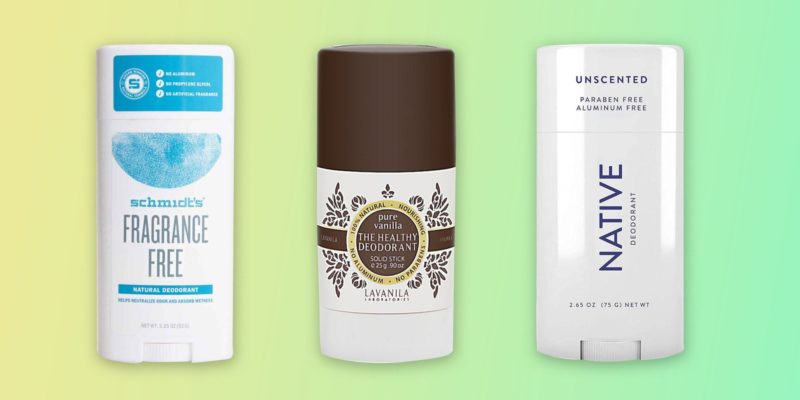
Anyone suffering from hidradenitis suppurativa (HP) knows just how frustrating it can be. To put it simply, as Julia Tzu, a New York City-based board-certified dermatologist, explains, it’s “an intensely inflammatory condition of the skin that resembles ‘cystic acne’ or boils but is located mostly on the armpit, groin, and folds under breasts,” areas where skin rubs together and where you have hair and sweat glands.
These bumps show up when the body produces an excess of inflammatory proteins, which causes pressure to build under the skin. In some cases, the bumps can burst, which has led to misconceptions surrounding the condition, Tzu notes. “Some people may believe that [hidradenitis suppurativa] is due to hygiene and that they are infectious or contagious,” she notes. “Both are untrue.”
In fact, as New York City board-certified dermatologist Adarsh Vijay Mudgil explains, the exact cause is unknown, though there could be a genetic component. “HS also occurs with more frequency in [those who are] obese, smokers, individuals with Crohn’s disease, and other skin conditions like cystic acne and psoriasis,” he says.
For those dealing with hidradenitis suppurativa-related breakouts under the arm, finding a deodorant or antiperspirant that’s effective and non-irritating is a top concern. At the same time, decoding labels can be both confusing and overwhelming. And though it differs by person, cosmetic chemist Ginger King mentions that you should be wary of ingredients like talc, essential oils such as bergamot and tea tree oil, and baking soda. “Baking soda is a sodium bicarbonate which, when wet, can have a pH of 8.4, which is very irritating,” she says. “This material is used to neutralize odor, however, it is not for everyone.”
As far as what deodorant formula — gel, stick, spray, wipe — is best for dealing with hidradenitis suppurativa, Mudgil notes that what really matters is the ingredients while Tzu is a fan of the stick versions noting that there’s less of a chance for moisture to accumulate. “Spray may not give even or consistent coverage to the skin,” she adds.
To make the process easier, we asked dermatologists for their recommendations, as well as advice on what to look out for when scouring the shelves (or webpages) for hidradenitis suppurativa-friendly deodorants. Check out their picks ahead.